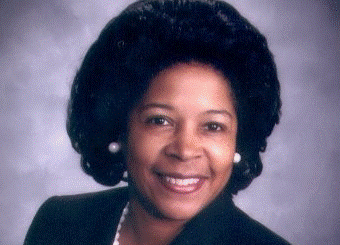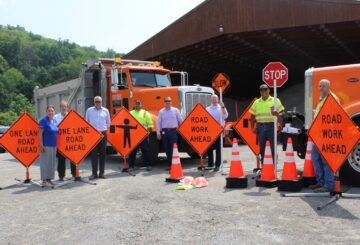By Bob Confer
I’ve been listening to the police scanner for over 35 years now. Eavesdropping on the dispatching and responses of sheriff’s deputies and volunteers keeps me in the know about things going on in Niagara County.
But, the knowledge gleaned from the scanner is more than where an accident or fire might be, or where the latest speed trap is. It also provides insight into the social conditions of certain parts, certain households of our communities. It can be incredibly uncomfortable and heartbreaking to hear officers being dispatched to abusive homes, something that’s too regular of an occurrence.
According to the New York Division of Criminal Justice Services, all departments within Niagara County reported 1,428 victims of domestic violence in 2020. Likely a result of the pandemic’s lockdowns of that year, the mental stresses they caused, and the fact that they basically imprisoned victims with their abusers, the total number of cases showed a 17% increase over the year prior. Among those painful events were 1,249 cases of simple assault, 108 cases of aggravated assault, 44 sexual offenses, and 27 violations of protection orders.
Mind you, those are just the cases recorded as actual arrests. There were thousands of 911 calls and tips about domestic situations and intense verbal abuse. The Niagara County Sheriff’s Office alone responds to in excess of 4,000 such calls every year. There are thousands more covered by the city police departments in Niagara Falls, North Tonawanda and Lockport. And, remember this: Most victims and witnesses remain silent; there are literally thousands of situations that go unreported.
Children are occupants of many of those houses and apartments where hate and discord rule. It could be they were beaten or demeaned. Maybe they their saw dad hit their mom or knock her down. Perhaps they witnessed their mother going on a drunken rage towards their father.

You have to feel for the kids who grow up in such families. If they aren’t abused, a loved one is and that in itself is a form of abuse towards the child.
Those incidents sear into a child’s memories and behaviors. They could give nightmares, instill fear, plant the seeds for hate, lead to substance abuse, foster depression and suicidal thoughts, lead to lower grades, and make dysfunction a normalcy that the child could carry into his or her relationships one day. Many will rise above their circumstances, some will not, and even if they do the painful memories linger.
I bring all this up to give perspective to those who provide, or could provide, service to children, especially now that some normalcy, some routine, has returned to school and other activities after society shut down or impinged those opportunities for far too long.
Whether you are school teacher, sports coach, club leader, Sunday school instructor, or a scouting volunteer like me, we all have to understand that these victims – direct and indirect alike — are in our classrooms, on our teams, and in our troops. The sheer volume of dispatches and domestic statistics show us that it’s certain that they are.
You likely don’t know who these kids are, and in many cases you won’t. That may be from masking of the hurt by the child or the sheer joy he or she has just being around you and their friends.
Realize that in many cases you are providing a safe place, a good place to that kid. Your classroom, baseball field or campout might be the only place they feel happy, loved or safe. Let that sink in. They fear home. They don’t what will happen to them. They don’t know what will happen to their mother or father.
Every child we serve has different expectations of us – a boy scout from a well-adjusted home may want the adventure of a camping trip while one from a broken home may only want you to be you, someone for him to strive to be, someone who isn’t his dad. You may not realize it, and they might never tell you, but to kids from troubled homes you are their hero — they might see you as the mother or father they always wished they had or could one day become.
Hurt kids are too many, and it’s up to us, as their educators and leaders, to give them the safe harbor they deserve and, from there, the help they need to navigate life, rise above, love others, and find some much-needed joy in their young lives.
That significance be an overwhelming way to view what we do when doing good for children. But, it’s a necessary view. We have roles in this world, some much, much bigger than we often assume them to be. A simple act of kindness, a little bit of our time, can go a long way in changing lives.





